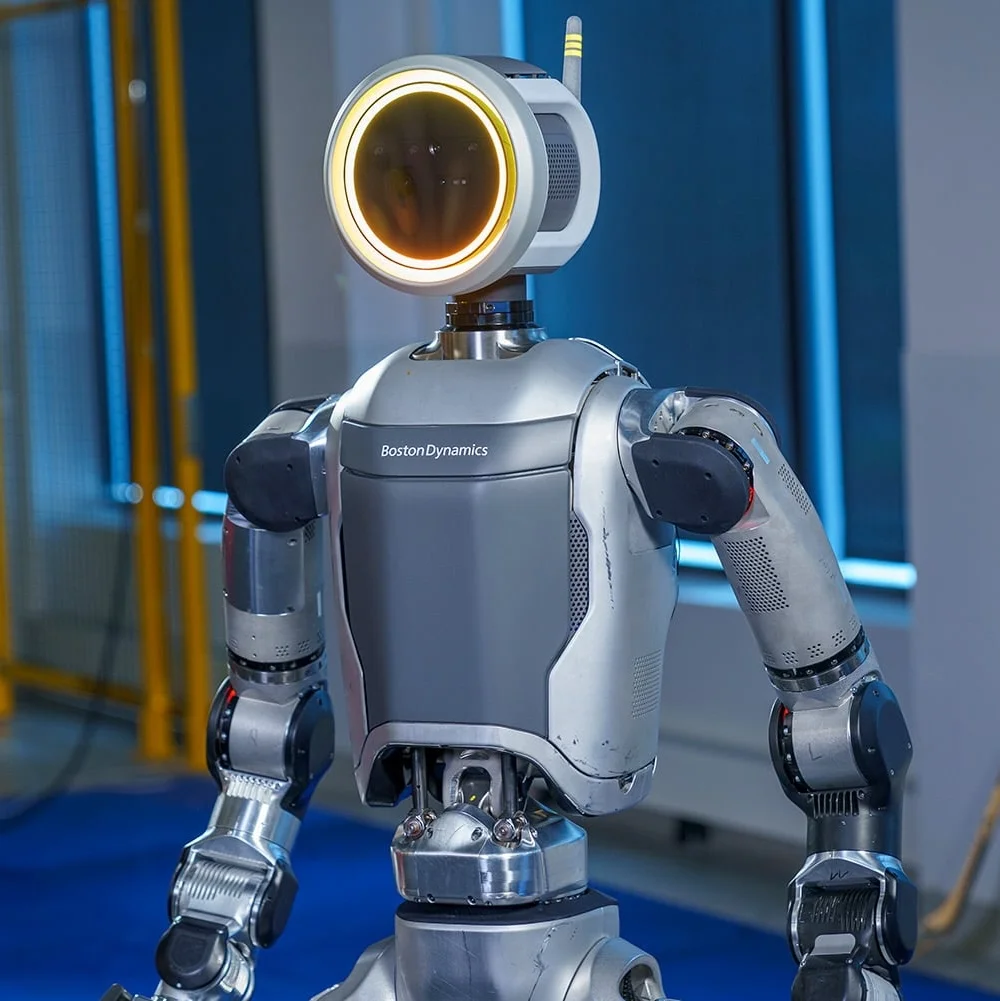
Atlas from Boston Dynamics learned to understand the purpose of objects in space
Boston Dynamics engineers demonstrated how their humanoid robot Atlas perceives the surrounding world, and this brings machine interaction with reality to a completely new level. Now this is not just a mechanism with cameras, but real physical intelligence with deep understanding of space and context. Atlas is capable of recognizing object shapes and understanding their purpose in real environment. And its perception system combines 2D and 3D vision, using special key points for precise spatial orientation.
Engineers also taught the robot to track object poses considering their movement and even when they are partially covered by other items. The most impressive achievement is the fusion of visual data, kinematics and object knowledge into a unified comprehensive system. Atlas possesses ultra-precise calibration for coordination between “eyes” and “hands”. This allows the robot not just to find an object, but to truly understand what it is, what it’s intended for and how to best grasp it, even if the object is half-hidden from cameras.
Boston Dynamics’ artificial intelligence team is now working on creating a unified model that will fully combine perception and control. This is a crucial step from simple “spatial artificial intelligence” to full-fledged physical intelligence capable of naturally interacting with our world.
Autor: AIvengo
For 5 years I have been working with machine learning and artificial intelligence. And this field never ceases to amaze, inspire and interest me.
Latest News
UBTech will send Walker S2 robots to serve on China's border for $37 millionChinese company UBTech won a contract for $37 million. And will send humanoid robots Walker S2 to serve on China's border with Vietnam. South China Morning Post reports that the robots will interact with tourists and staff, perform logistics operations, inspect cargo and patrol the area. And characteristically — they can independently change their battery.
AI chatbots generate content that exacerbates eating disordersA joint study by Stanford University and the Center for Democracy and Technology showed a disturbing picture. Chatbots with artificial intelligence pose a serious risk to people with eating disorders. Scientists warn that neural networks hand out harmful advice about diets. They suggest ways to hide the disorder and generate "inspiring weight loss content" that worsens the problem.
OpenAGI released the Lux model that overtakes Google and OpenAIStartup OpenAGI released the Lux model for computer control and claims this is a breakthrough. According to benchmarks, the model overtakes analogues from Google, OpenAI and Anthropic by a whole generation. Moreover, it works faster. About 1 second per step instead of 3 seconds for competitors. And 10 times cheaper in cost per processing 1 token.

